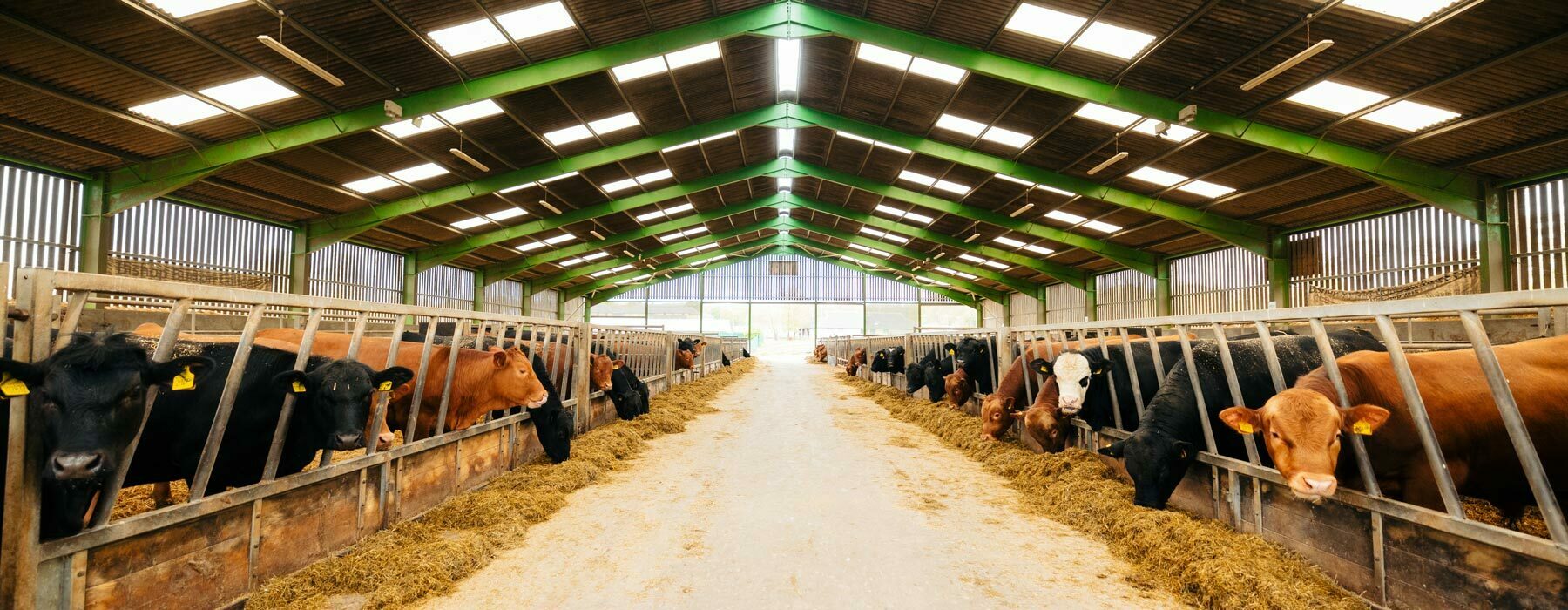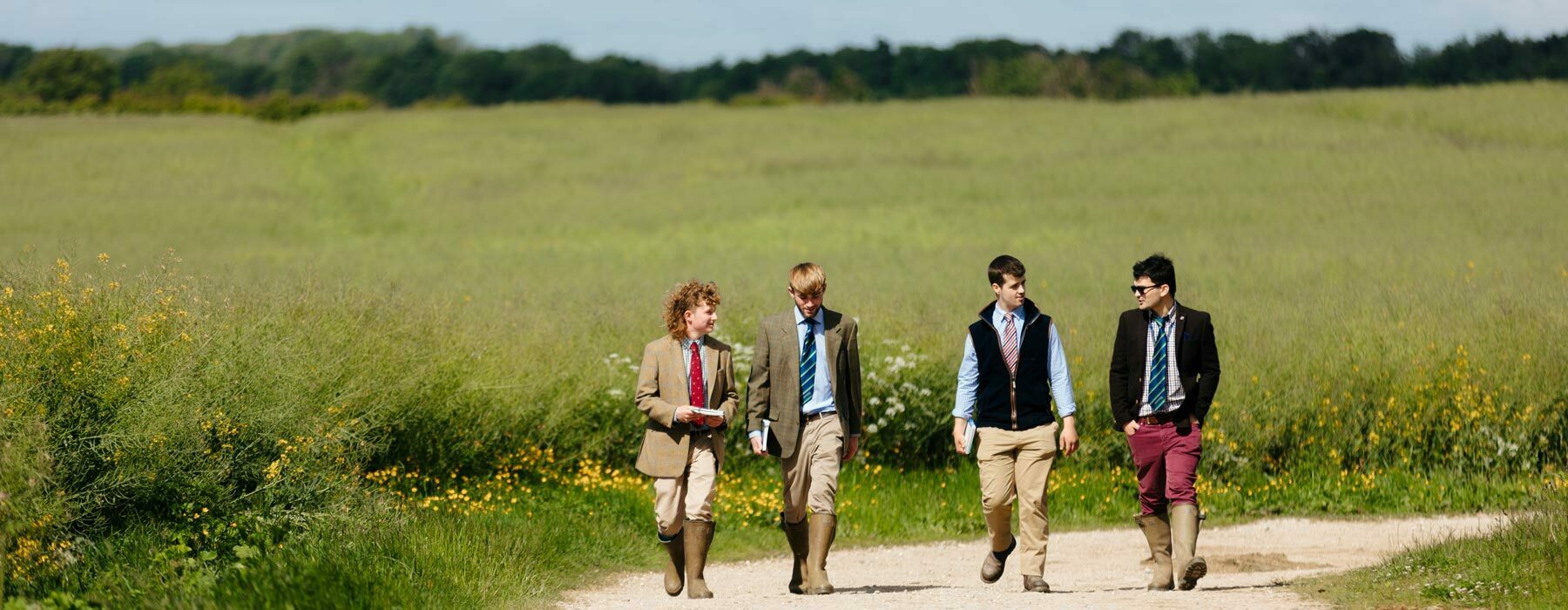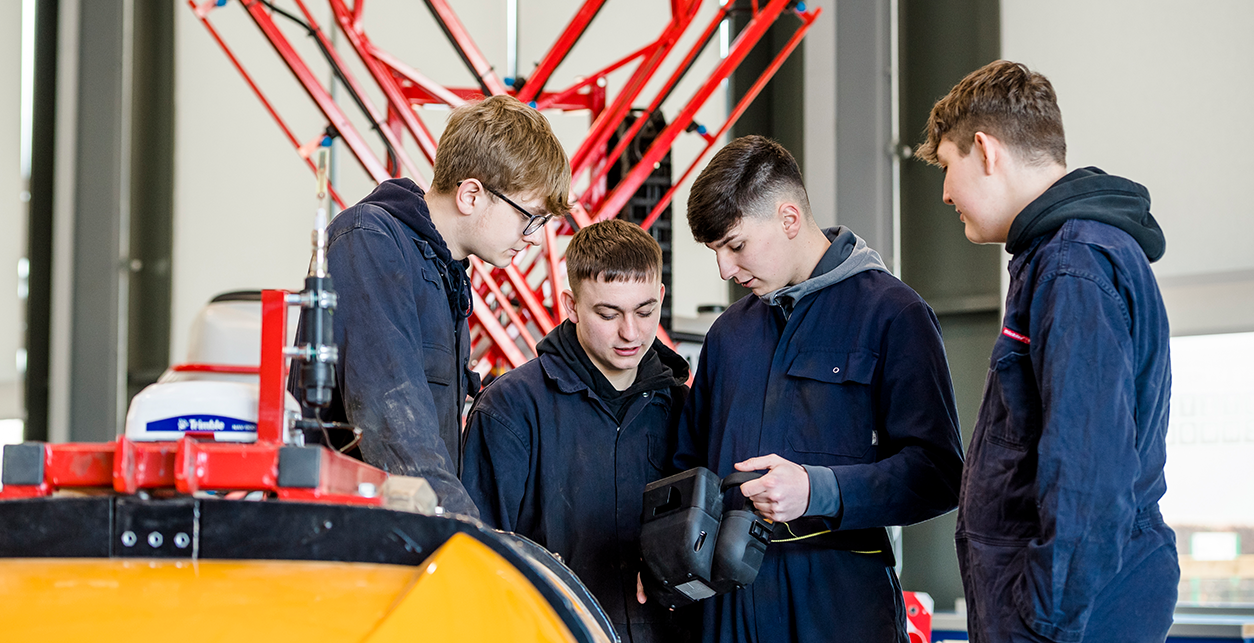
Farm
Our commercial mixed-use farm spans 300 hectares, including 120 hectares of arable land, 300 sows and gilts, 85 cows and 300 sheep. We are focused on developing the farm to ensure that it is a sustainable business, which Bishop Burton students can learn from.

